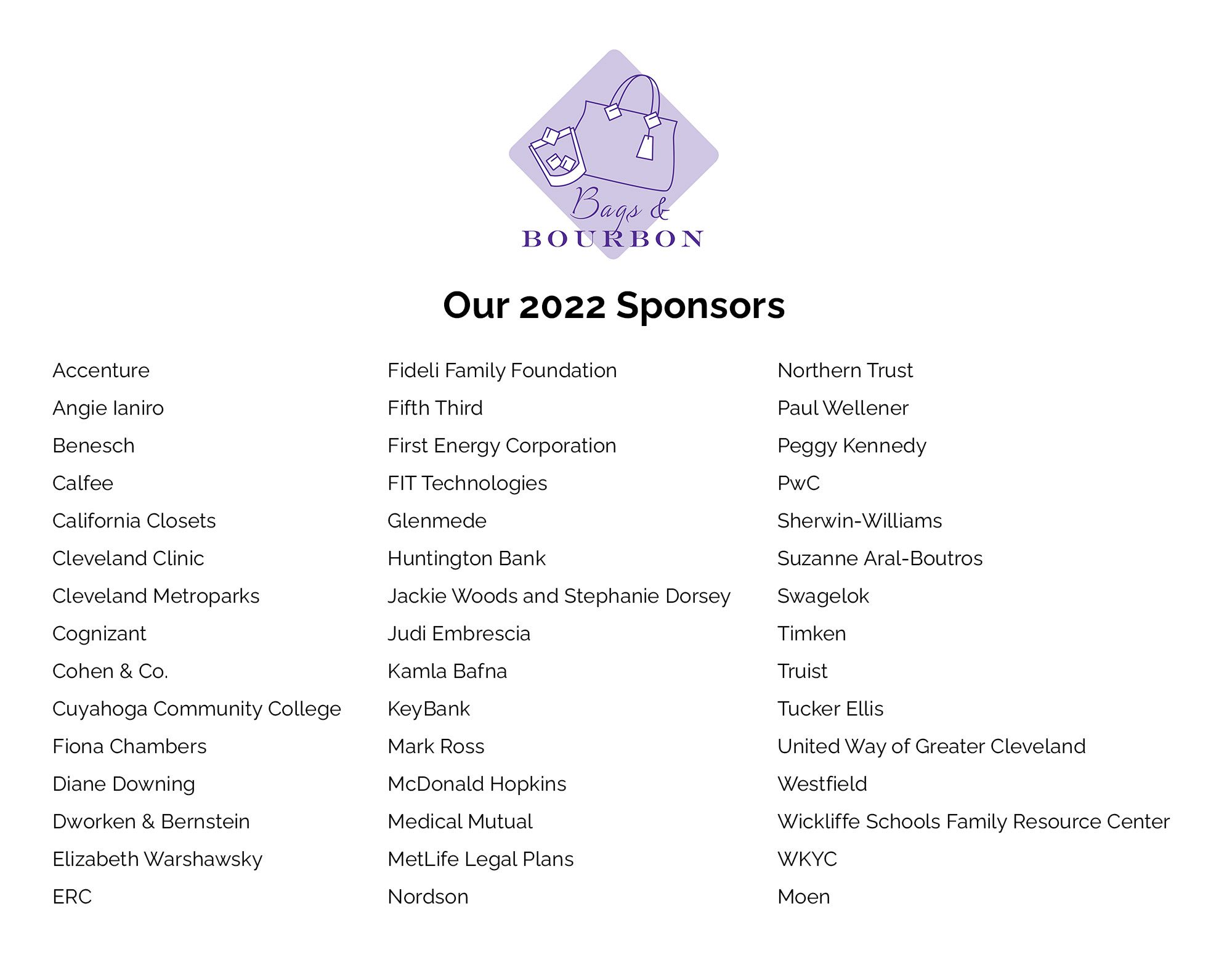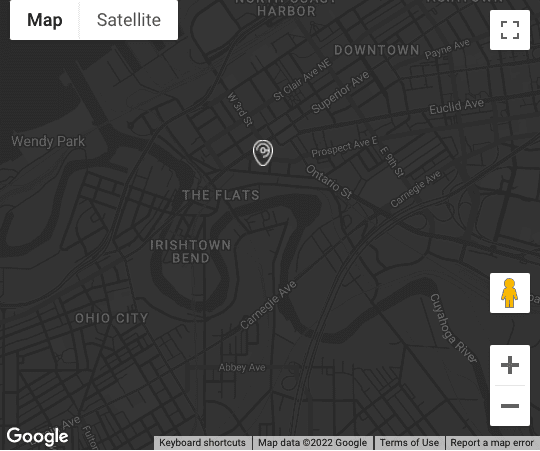Freezing Summer Melt
Have you ever been excited to try a new activity, only to realize it was more time-intensive and confusing than you originally thought? Were there unwritten rules that you hadn’t known about previously and even additional supplies to purchase that you hadn’t anticipated? Perhaps you quickly got frustrated and, after struggling to get advice from your friends or family who hadn’t tried similar activities, your excitement quickly dwindled, and you never actually followed through.
This metaphor offers a glimpse into the experiences of many first and low-income students in the post-secondary planning process. Despite being college-ready and displaying behaviors that indicate they will go to college, a significant number of under-resourced students don’t show up on campus in the fall for several reasons, including:
- densely worded financial aid documents, intimidating financial gaps, and confusing payment processes;
- navigating steps to complete placements tests (there are more tests?!), registering for orientation, and deciding which classes to take;
- completing housing forms, sending health records, and choosing a meal-plan;
- and numerous other hurdles.
Missing a deadline on one or more of these items can generate the difference between a first-generation, low-income student showing up to campus feeling prepared, or getting discouraged and not showing up at all in August.
In the college access world, we call this
summer melt.
The Center for Education Policy Research at Harvard University estimates that ten to forty percent of students who demonstrate intent to enroll fail to do so in the months after their high school graduation.
This phenomenon is not new. In fact, there’s been a lot of buzz around this topic for the last decade, but it remains a critical factor in our collective efforts to broaden access to postsecondary education nationally and in the greater Cleveland area.
Many institutions and organizations have implemented different intervention strategies, like automated chat-bots and text-messaging systems that “nudge” students when a to-do item is approaching. At College Now, our advisors provide numerous resources during the school year, like “transition to college” workshops, to ensure that college-ready students are as prepared as possible to head off to campus in the fall. But our work doesn’t end when students cross the stage at graduation.
Our advisors continue to work with students and remain available for questions throughout the summer. Additionally, our scholarship recipients are required to complete summer information sessions with our Scholarships and Financial Aid team to ensure they understand their financial aid awards and any potential funding gaps they may have. And finally, our scholarship recipients are paired with mentors toward the end of the summer – professionals who have navigated the college experience themselves and are able to help students overcome some of the obstacles they may face as they begin their first semester.
Enrolling in and completing a postsecondary degree or credential – or not – has long-term implications for the students and the communities in which they live.
Individuals with bachelor’s degrees earn 65 percent more – the equivalent of $1 million over the course of a career –
than their counterparts with only a high school diploma. The community benefits from having more credentialed residents, too. Areas with more college graduates have lower crime rates, enhanced community services, reduced reliance on government safety net services and a larger tax base.
As a community, it is in all our best interests to support students and combat summer melt. Check in with students that you know and ask them when they’re scheduled for orientation and what classes they’ve signed up for in the fall. Encourage them to thoroughly explore their college’s website and familiarize themselves with all the resources available to them. Most importantly, help them become self-advocates and build perseverance when they encounter challenges.]]>




